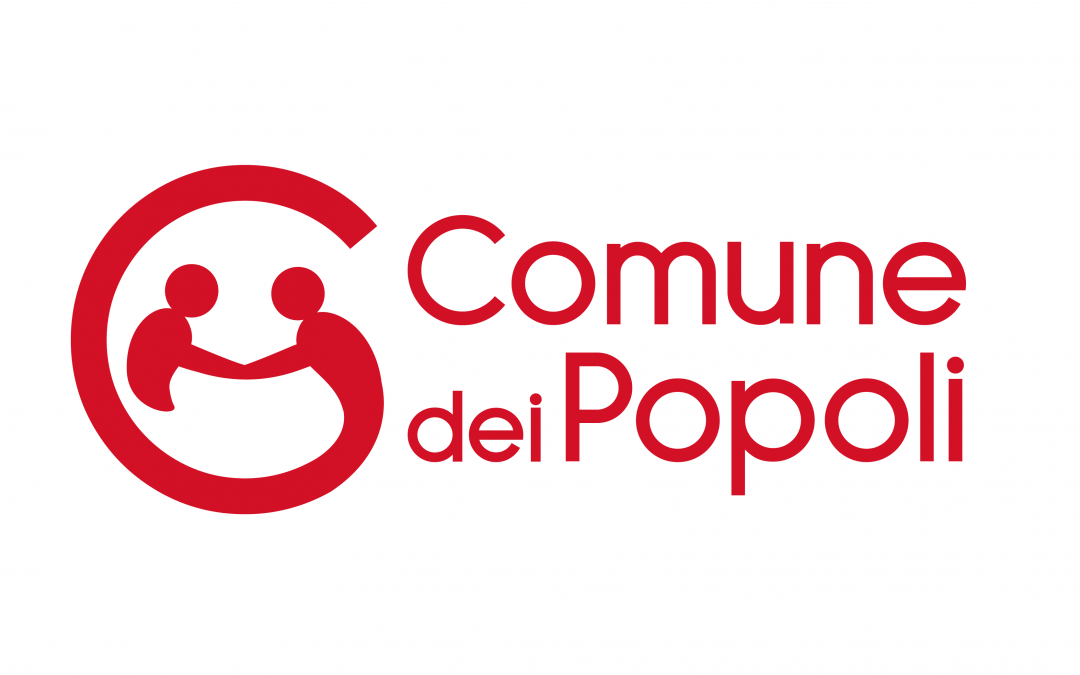The project “Comune dei popoli” is co-financed by the European Union and the ASYLUM, MIGRATION AND INTEGRATION FUND (FAMI) 2014-2020 0S2-ON3, approved by the General Directorate of Immigration and Integration Policies and the Ministry of Interior.
“Comune dei Popoli” is a project that wants to fulfil the need of migrant citizens to orient themselves independently to access public services. The aim is to train operators and exchange new strategies and create tailor-made tools, while activating forms of support and accompaniment for public and private social operators, in order to make foreign citizens aware of unknown or hardly accessible services, to foster both sides empowerment and to facilitate the daily life of the whole community on the territory of Siracusa. The processes of information and awareness raising on multi-cultural richness are aimed at promoting training courses addressed to operators and private citizens, meant as moments to exchange skills, experiences and work methodologies, enabling the team to act in a homogeneous, functional and egalitarian way.
The first steps: the analysis of services and needs of the territory
The activities already carried out by the project from April to June 2020, have involved the partners in the mapping of the services already existing on the territory, and in the analysis of the needs of subjects directly or indirectly involved in the project as well as of key actors to whom the planned activities will be addressed to. In this phase, through targeted interviews, a sample of 17 people between institutional and non institutional operators, representatives of migrant communities present on the territory, which interface the path of socio-economic and cultural integration of migrants, have been involved. On-going also the focus groups that will start during the second week of September 2020. The chosen topics are also the result of a phase analysing the needs related to the project’s “Tracking, analysis and systematization of needs”. More specifically:
- Dialogue between priorities: expectations in comparison. The priorities of individuals also differ in terms of their country of origin and their own experiences. The relationship between migrants and service providers is therefore made of exchange of images, meanings and intentions. We talk about the analysis of mutual expectations.
- Words: vehicles in circle between people. When we talk, we transfer ideas and opinions and implement a process of knowledge between people. Our words have a weight in the emotionality and perception of those who listen to us and those who ask us something. The verbal, emotional, symbolic translation of language, in the encounter between migrants and services, lends itself to different interpretations. Let’s explore them!
- People as a resource. Enhancing skills and abilities of human capital is a key resource in the provision of services topeople, especially in services to migrants. The added value of the service offered is given by the person in front of you, by the care, by the willingness to do the best.
The aim of these focus groups is to identify the training needs of public administration operators and social private actors, as well as the implementation of a desk able to facilitate access to public services and to develop a coordinated and participated promotion system on the territory.


